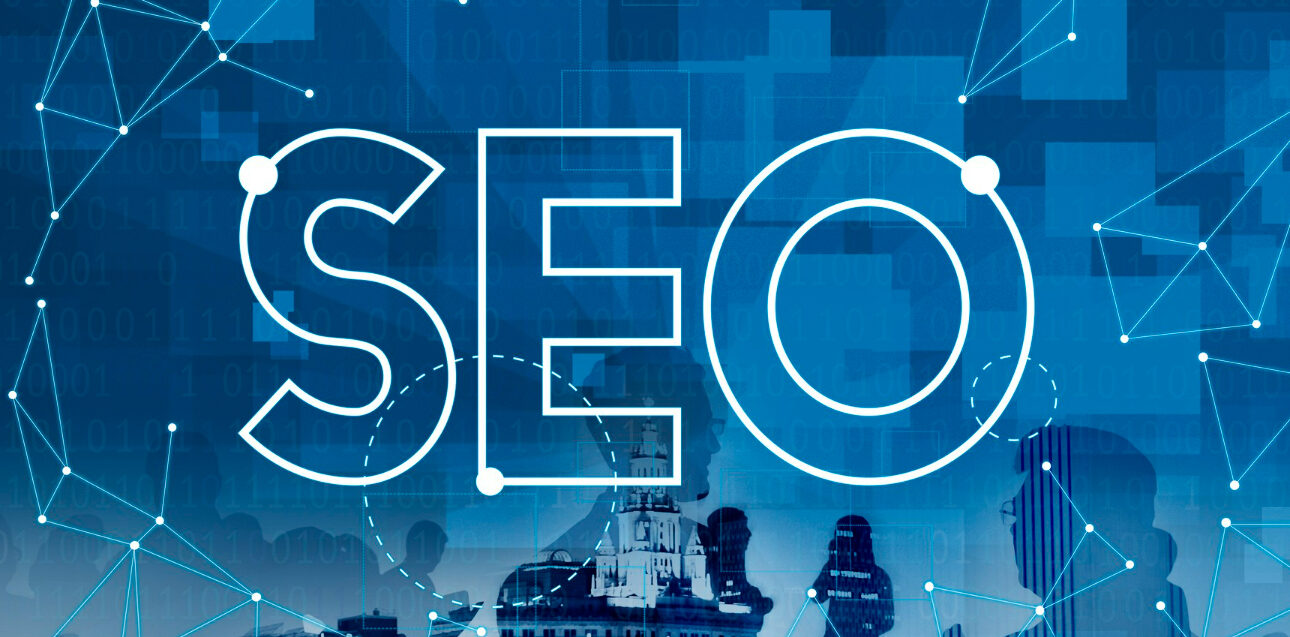
Machine learning (ML) is transforming SEO by enabling search engines to analyze vast data sets, understand user intent, and deliver personalized results. Unlike traditional SEO methods that relied on keywords and backlinks, ML-powered algorithms focus on context, relevance, and user experience. Google’s RankBrain, for instance, revolutionized search by interpreting queries more accurately, even unfamiliar ones.
As of 2023, Google processes over 63,000 searches per second, with ML playing a critical role in refining these results. For businesses, this shift demands a data-driven approach to SEO, emphasizing high-quality content, faster load times, and user-focused strategies.
ML also empowers marketers with tools that analyze user behavior, predict trends, and optimize content more effectively than ever before. In today’s competitive digital landscape, embracing machine learning is no longer optional—it’s essential for delivering engaging experiences, staying relevant, and securing top search rankings in an ever-evolving SEO environment.
Understanding Machine Learning in SEO
While not as widely discussed as AI, machine learning is already deeply embedded in modern search engines. Google uses ML systems like RankBrain and BERT to process user queries more effectively. These systems interpret language nuances, predict user behavior, and deliver highly relevant results. As a result, businesses must focus on content that aligns with these advanced algorithms to stay competitive in search rankings.
How Machine Learning Affects SEO
Machine learning (ML) is reshaping the world of SEO, revolutionizing how search engines understand user behavior and rank content. Unlike traditional methods that relied heavily on keywords and backlinks, ML-powered algorithms analyze vast data sets to interpret user intent, predict trends, and deliver personalized search results. Tools like Google’s RankBrain and BERT exemplify this shift, helping search engines process complex queries with greater accuracy. For businesses, this evolution presents both challenges and opportunities, requiring adaptive strategies to stay competitive. Below are the points on how machine learning impacts SEO and why it’s important to follow these changes to survive in the digital age.
1) Improved Search Intent Understanding
Search intent has always been a cornerstone of SEO, but machine learning takes it to the next level. Unlike older algorithms that basically relied on exact keyword matches, ML analyzes user behavior and query patterns to understand the context better. For instance, a search for “healthy meal ideas” might yield results tailored to dietary preferences or trending recipes, thanks to ML’s ability to predict user needs accurately.
2) Content Quality Prioritization
Content remains king, but machine learning ensures only the best content rises to the top. ML algorithms assess factors like relevance, structure, and credibility to determine rankings. This means businesses must focus on creating well-researched, engaging, and accurate content to meet these quality standards.
3) Enhanced User Experience
User experience has become a critical ranking factor, thanks to machine learning. Search engines now assess website speed, mobile responsiveness, and ease of navigation to gauge user satisfaction. A slow-loading website or a clunky design can negatively impact your SEO performance, emphasizing the need for technical optimization.
4) Personalization and Predictive Analytics
Machine learning makes search results more personalized than ever before. Algorithms analyze search history, location, and preferences to deliver tailored results. For example, someone searching for “best cafes nearby” will see options based on their location and past searches, providing a more seamless user experience.
5) Voice Search Optimization
Voice search is an increasingly popular feature powered by ML. Devices like smart speakers and virtual assistants rely on conversational language processing to understand user queries. To remain visible in this space, businesses should optimize for long-tail keywords and natural language queries that align with how people speak.
Machine Learning for SEO Success

In today’s fast-paced digital world, staying ahead in search rankings requires more than traditional SEO tactics—it demands the power of machine learning (ML). By harnessing ML, businesses can unlock actionable insights, optimize content, and deliver personalized user experiences that search engines value. From advanced keyword analysis to real-time data tracking, ML transforms how websites attract traffic and generate leads.
Ready to outperform competitors and thrive in a rapidly evolving SEO landscape? Our expert-driven, machine-learning-powered SEO services are designed to help your business achieve sustainable growth and visibility.
1) Optimizing Content for Natural Language Processing (NLP)
Search engines like Google use NLP to understand content better. Businesses can align with these systems by creating content that directly addresses user queries, uses conversational language, and avoids unnecessary jargon. Clarity and relevance are essential for securing top rankings.
2) Structured Data for Better Context
Structured data markup is an underutilized but powerful tool for SEO. It helps machine learning algorithms understand the context of your content, increasing the chances of appearing in rich snippets or featured results. Adding schema markup for FAQs, articles, and reviews can significantly improve visibility.
3) Regular Content Updates
Fresh content is a priority for machine learning algorithms. Websites that regularly update their content with accurate and timely information signal relevance to search engines, resulting in better rankings. Businesses should revisit and refresh their existing content periodically to stay competitive.
4) AI-Powered SEO Tools
Machine learning tools like Semrush and Ahrefs simplify many aspects of SEO, from keyword research to competitor analysis. These tools analyze massive datasets to provide actionable insights, enabling businesses to optimize their strategies efficiently and effectively.
FAQs About Machine Learning in SEO
How does machine learning impact traditional SEO practices?
Machine learning complements traditional SEO by providing deeper insights into user behavior and intent, enabling more accurate content optimization.
Are there specific tools for leveraging machine learning in SEO?
Yes, tools like Surfer SEO and Moz incorporate machine learning to help with tasks such as content creation, performance tracking, and keyword analysis.
Does machine learning replace human input in SEO?
No, machine learning enhances SEO strategies but still requires human oversight for creativity, decision-making, and nuanced adjustments.
How can small businesses benefit from ML in SEO?
Small businesses can use ML-powered tools to streamline SEO efforts, improve content relevance, and compete effectively in the digital market.
Conclusion
Machine learning has become an integral part of SEO, driving better search intent understanding, personalization, and user experience. Businesses that adapt to these advancements by focusing on high-quality content, structured data, and AI-powered tools can stay ahead in the competitive digital space. As SEO continues to evolve, leveraging machine learning is no longer optional—it’s a necessity for sustainable growth.






